In the flow of history, culture has always been the source of strength, the solid spiritual foundation for the Vietnamese people to overcome countless challenges, shape their identity and affirm their position on the world map. However, entering a new era - the era of deep integration and sustainable development, culture is not only a heritage but also an important driving force to promote economic growth, improve social life, and build a modern national identity.
Deeply aware of this special role, the National Target Program on Cultural Development was born as a strategic push, a strong transformation to exploit, preserve, and promote cultural values in the new era. This is not only a financial investment but also an investment in intelligence, creativity and dedication for a culture that is constantly innovative, sustainable and integrated.
This journey is not only aimed at protecting heritage, but also opening the door to creativity, encouraging new cultural values, making culture truly a national resource, going hand in hand with the comprehensive development of the country.
The importance of culture in the era of national development
In the history of development of any country, culture has always played the role of the soul of the nation, the source of internal strength and unique identity to survive and affirm its position in the international arena. For Vietnam, culture is not only a memory of the past but also a guiding light in the era of innovation and integration. From traditional values such as patriotism, community solidarity, to modern creations in music , art and fashion, culture shapes the national "brand", helping Vietnam not to be dissolved in the flow of globalization.

In the context of knowledge economy and technology 4.0, culture has transformed, no longer limited to heritage preservation but becoming a strong creative driving force for sustainable development. The cultural industry is emerging as a strategic economic sector, bringing in huge revenue and creating opportunities to spread national values to the world. Traditional craft villages, reformed art, or intangible cultural heritage can be combined with modern technology to create unique products, conquering the global market. Not only that, culture is also the foundation to promote tourism, with places like Hoi An, Trang An or traditional festivals attracting millions of visitors each year.
In addition to its economic role, culture is also the glue that binds the community together, maintaining stability and social harmony in the context of rapid development. Economic and social changes can give rise to value conflicts or create generation gaps, but it is culture with its humanistic values and national spirit that will help guide people's lifestyles and attitudes. It is not only the great heritages but also the customs, habits, and daily behaviors that create a society with high ethics, responsibility, and community awareness.

In the era of national development, culture is also a tool to build national soft power. Unique cultural values such as Ao Dai, cuisine, or folk music not only create a unique identity but also bring competitive advantages in the international arena. Successful countries such as South Korea with the Hallyu wave or Japan with anime culture have proven that culture can become a bridge to conquer the hearts and minds of the international community, thereby increasing national status. Vietnam, with its rich cultural treasure, also has great potential to become a center of cultural creativity in the region and the world.
However, promoting cultural values in the new era cannot be separated from challenges. The introduction of foreign values along with the speed of globalization can erode national identity if there is no timely orientation. This requires strong innovation in thinking and action, from investing in cultural infrastructure, educating awareness of heritage protection, to building policies to support the development of cultural industries in a systematic manner.
Culture, as an endogenous driving force, not only preserves heritage but also brings sustainable development to the country. It is the bridge connecting the past and the future, helping Vietnam confidently reach out to the world with its unique identity and internal strength. Investing in culture is investing in long-term development, so that the country not only develops economically but also shines in profound human values.
Resource bottlenecks for culture in the current period
Despite its important role in sustainable development, culture in Vietnam still faces many major bottlenecks, especially related to resources. This is not only a problem of financial shortages but also limitations in mechanisms, policies, human resources and social awareness of culture.
One of the most prominent problems is that the allocation of financial resources for culture has not yet met practical requirements. The proportion of the budget for culture in the total state budget expenditure remains low, not enough to invest in building modern infrastructure, preserving cultural heritage, or supporting creative arts activities. Many theaters, museums, libraries and cultural centers are in a state of disrepair or lack funding to maintain operations. This leads to a shortage of cultural spaces where the community can access, experience and nurture love for traditional values.

In addition, cultural policies are not really consistent and innovative. Legal regulations are still not strict or do not create strong motivation to attract investment from the private sector and socialized resources. Enterprises, despite having economic potential, are often hesitant to invest in culture due to unsecured profits and administrative barriers. Preferential policies on tax, land or loan support for cultural industries are still limited, making it difficult for this sector to break through to become a spearhead economic sector.
In addition, human resources in the cultural sector are also a significant bottleneck. The workforce trained in the arts, heritage management and creative industries is still scarce. Many artists, researchers and cultural workers lack opportunities to improve their qualifications, access new technologies and professional working environments. In particular, the brain drain in the cultural sector is becoming a serious problem as many young talents choose to work abroad or move to other sectors with better income and development opportunities.
Not only limited to finance and human resources, the lack of resources is also reflected in the level of social awareness of the role of culture. In many localities, culture is still considered a "supportive" field, not prioritized in socio-economic development strategies. This leads to a situation where tangible and intangible cultural heritages are not given due attention, and many traditional cultural values are at risk of being lost. In addition, the community is sometimes not really aware of the importance of preserving and promoting culture in daily life, leading to indifference or even destruction of heritage.

In the context of globalization, Vietnamese culture also faces fierce competition from foreign values. The lack of specific strategies to promote and develop Vietnamese cultural values in the international arena has prevented Vietnamese culture from truly making a deep impression, despite its great potential. The lack of synchronization in the approach between related sectors – from education, tourism, to information technology – also reduces the effectiveness of using resources for culture.
Resource bottlenecks are a major challenge, but they also open up opportunities to re-evaluate the role of culture in national development. To overcome these barriers, a comprehensive strategic mindset is needed, placing culture at the heart of development policies, while promoting the participation of the whole society in protecting and developing cultural values.
National target program on culture: Removing bottlenecks in resources
The National Target Program on Cultural Development is designed as a comprehensive strategy to overcome resource bottlenecks, opening up new opportunities for cultural development in the era of integration and modernization.
First of all, the program focuses on increasing financial resources for culture through the state budget and socialized capital sources. In the 2025-2030 period, the program plans to invest 122,250 billion VND, of which the central budget accounts for 63%, localities contribute 24.6%, and the remaining 12.4% is mobilized from other sources such as enterprises, individuals and international organizations. This is an important step forward, ensuring a stable and transparent source of funding for investment in heritage conservation projects, building cultural institutions, and developing cultural industries.

At the same time, the program aims to solve the problem of high-quality human resources - a decisive factor in sustainable cultural development. By improving the quality of training and organizing international cooperation programs, the program not only equips professional skills but also promotes creative thinking and integration ability for cultural workers. Heritage and arts education is widely implemented in the national education system, creating a foundation for the younger generation to understand, appreciate and inherit national cultural values.
The program also removes bottlenecks in mechanisms through institutional reform and digital transformation in cultural management. Ensuring that 100% of cultural units apply modern technology not only optimizes management efficiency but also helps to reach the public, especially the younger generation. Digital library models, digital museums and digital platforms for cultural industries are being deployed to connect culture with modern life, enhance economic value and international competitiveness.
At the same time, the program strongly promotes socialization and attracts the participation of economic sectors in cultural development. Preferential policies on taxes, loan support and encouragement of public-private investment have created conditions for businesses and individuals to join in organizing cultural events, preserving heritage, and developing creative cultural products.
In addition, the program focuses on narrowing the gap in cultural enjoyment between regions. Resources are allocated with priority to disadvantaged localities, remote and isolated areas to build cultural institutions at the provincial, district and communal levels; at the same time, preserve and promote the unique cultural heritage values in these areas. A decentralization policy is applied so that localities can proactively implement projects in accordance with actual conditions, ensuring flexibility and efficiency.
Thus, the National Target Program on Cultural Development not only removes the bottlenecks in financial resources, human resources and institutions, but also lays the foundation for innovation and international integration. This is the strategic driving force for culture to become an endogenous strength, contributing to promoting sustainable socio-economic development, affirming Vietnam's position on the world cultural map.
To successfully implement the National Target Program on culture
In order for the National Target Program on Cultural Development to truly become a driving force for the country’s sustainable development, the most important thing is to have a broad strategic vision, combined with consistent and synchronous actions. First of all, culture needs to be placed at the center of national development policies, not only as an independent field but also as a foundation connecting all economic, social and environmental aspects. Building a clear and transparent legal framework, along with an effective management institution, will be a solid foundation to help shape and direct the program.
Financial resources, although a core element, need to be used effectively and with focus. Projects need to be selected based on priority such as preserving endangered heritage, developing culture in remote areas, and applying modern technology to digital transformation. The state budget, which plays a key role, needs to go hand in hand with mobilizing social resources from businesses and international organizations. To do this, it is necessary to create attractive incentive mechanisms, from tax reduction to legal support, to help partners feel secure when investing in culture.
People are the key factor determining the success of the program. Investment in high-quality human resources not only focuses on the management team but also extends to artists, creators, and those working in the cultural industry. Well-structured training programs, international cooperation initiatives, and strategies for developing arts education in schools will create a new generation capable of inheriting and developing national culture.

In addition, digital transformation acts as a boost to improve efficiency in cultural management and promotion. Building digital heritage databases, developing online platforms and applying technology to conservation and creation will help expand accessibility, bringing culture closer to the public, not only domestically but also internationally.
However, any plan will be difficult to achieve effectiveness without community participation. Culture can only truly come to life when people join hands in preserving and promoting cultural values. Community development models that focus on culture need to be replicated, creating conditions for people to not only be beneficiaries but also creators and preservers of culture.
Finally, to ensure that the program achieves its long-term goals, a strict monitoring mechanism and the ability to adjust flexibly are needed. Specific indicators of the development of the cultural industry, the rate of heritage preservation or the popularity of international cultural events need to be measured periodically. On that basis, strategies and resources can be adjusted to better suit reality, ensuring effectiveness and sustainability.
The success of the National Target Program on Cultural Development is not only the improvement of economic or social indicators but also the strong revival of core values, identity and spiritual strength of the nation. When culture becomes an endogenous driving force, spreading from policy to action and from managers to each citizen, the country will have a solid foundation to rise on the world map.




![[Photo] Prime Minister Pham Minh Chinh chairs the meeting of the Government Party Committee Standing Committee](https://vstatic.vietnam.vn/vietnam/resource/IMAGE/2025/8/23/8e94aa3d26424d1ab1528c3e4bbacc45)
![[Photo] General Secretary To Lam attends the 80th Anniversary of the Cultural Sector's Traditional Day](https://vstatic.vietnam.vn/vietnam/resource/IMAGE/2025/8/23/7a88e6b58502490aa153adf8f0eec2b2)



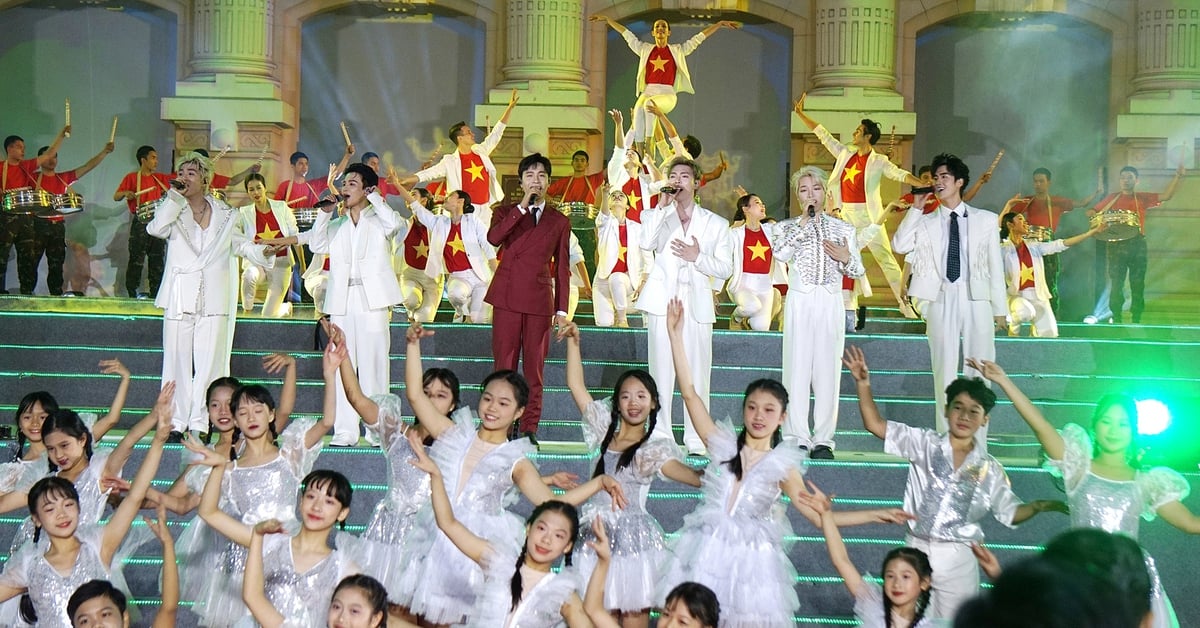

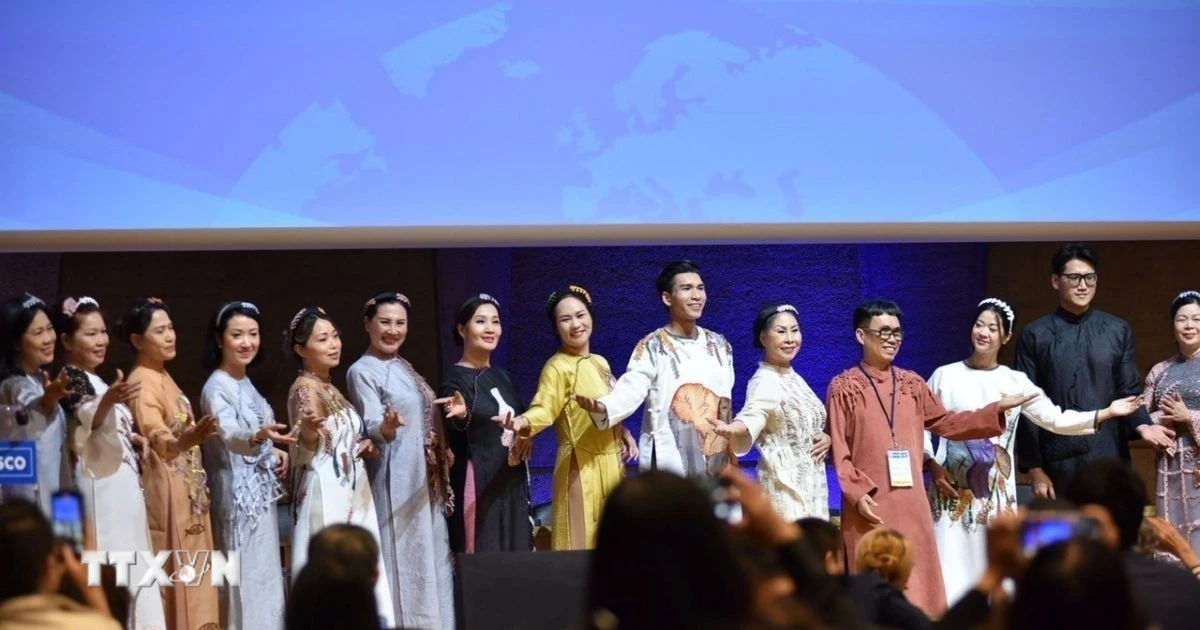

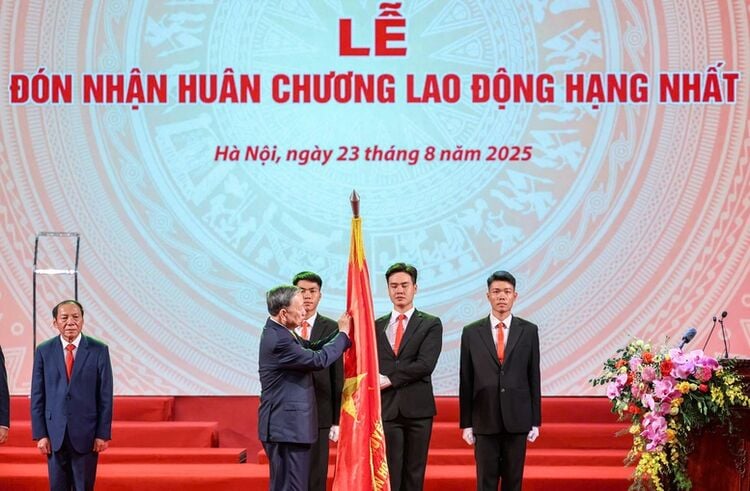

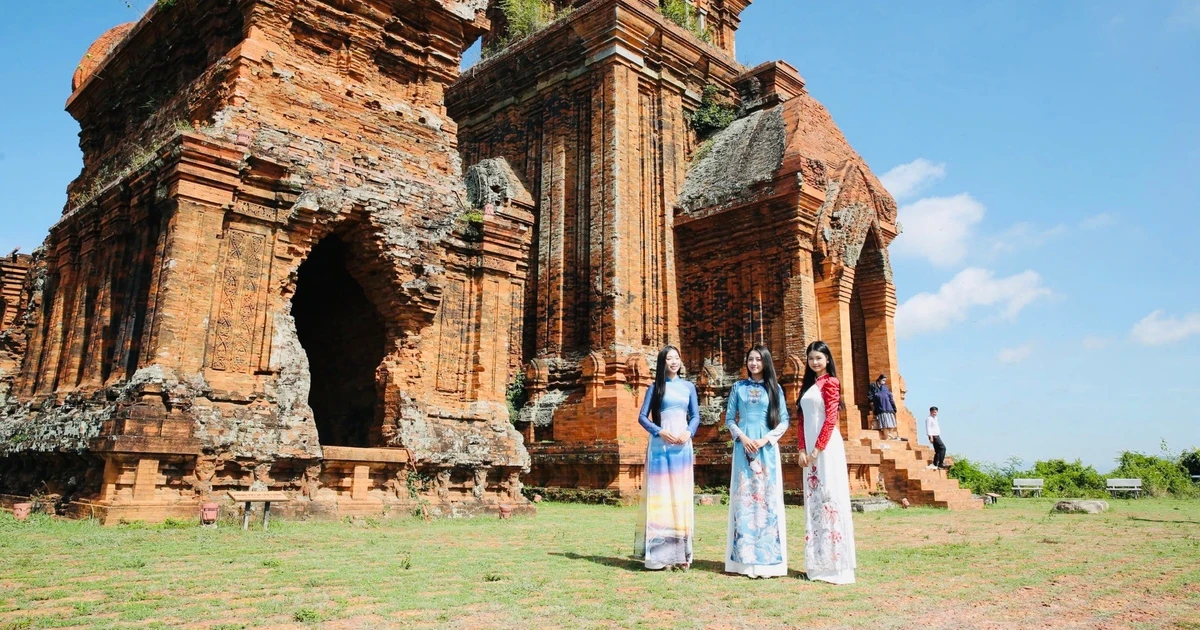

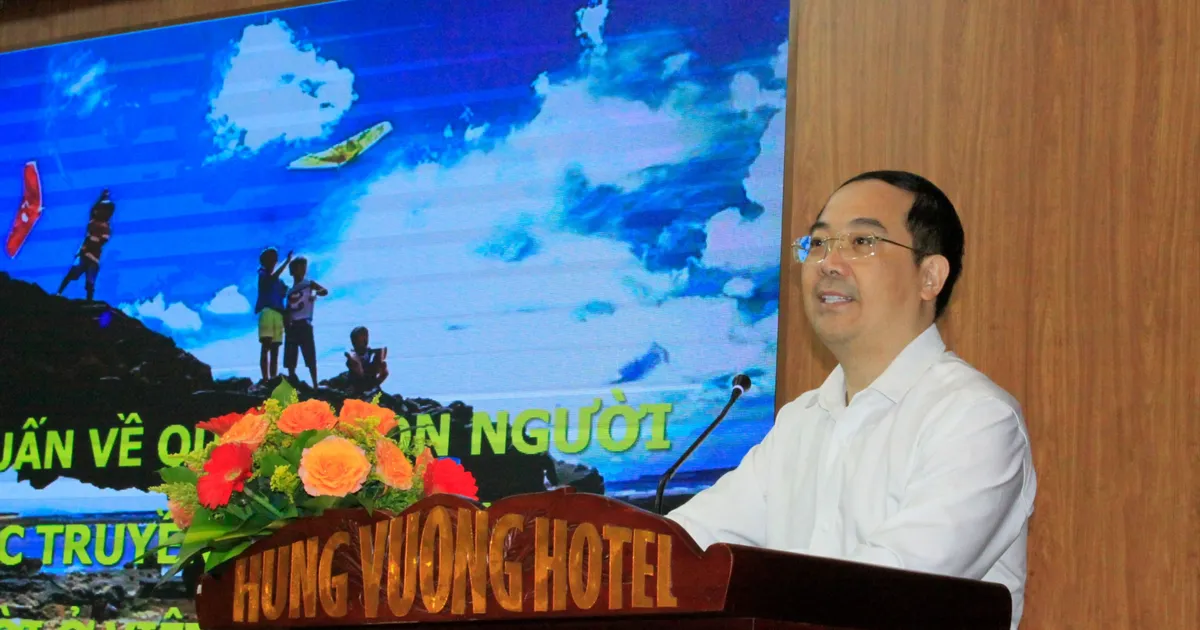

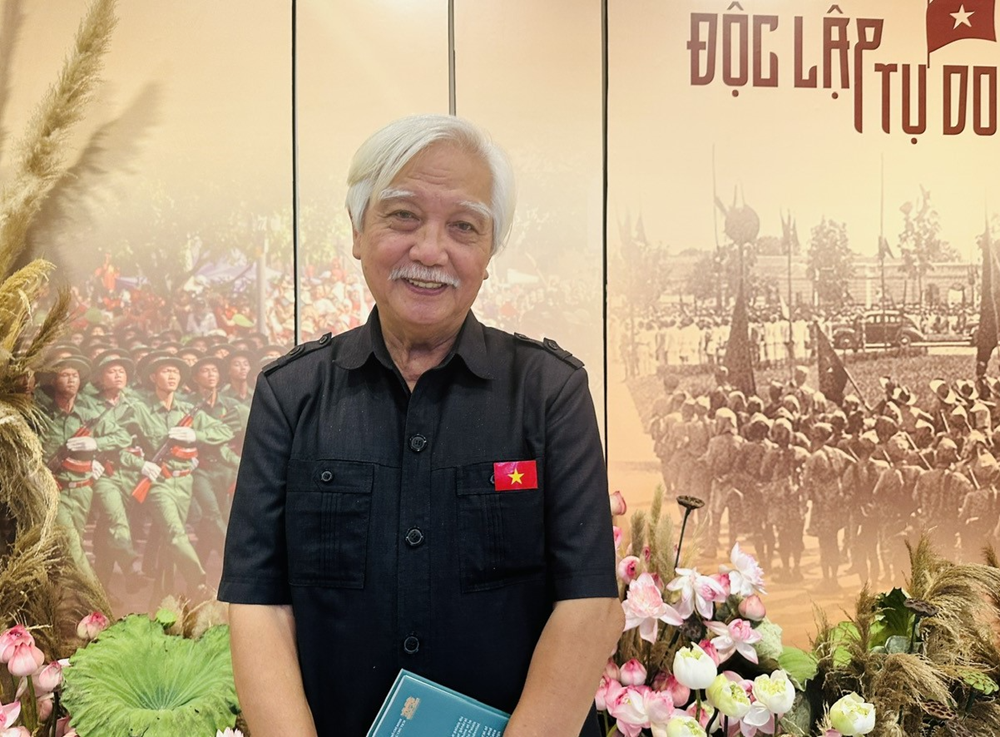














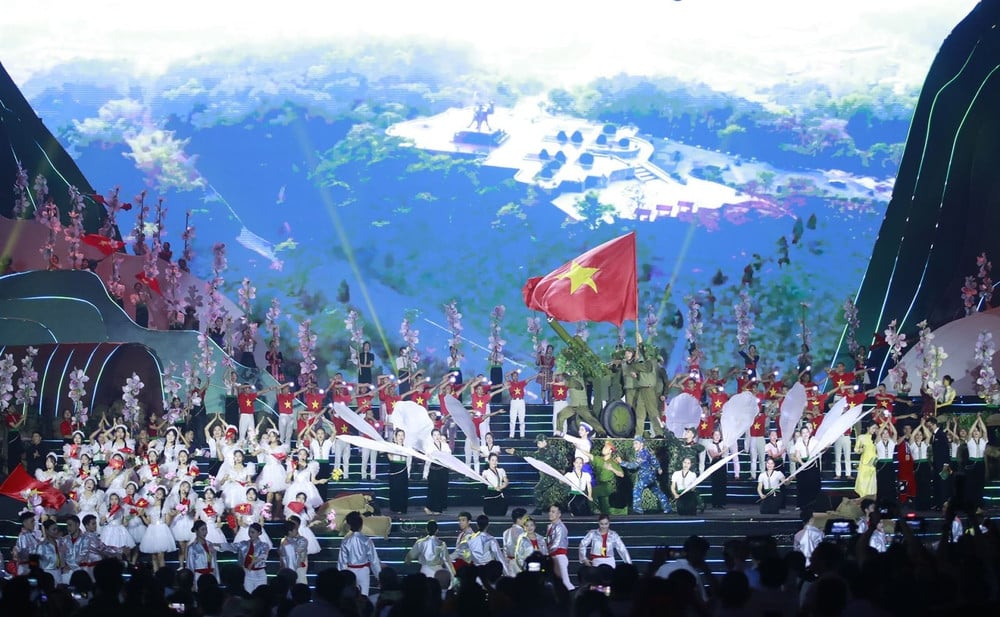


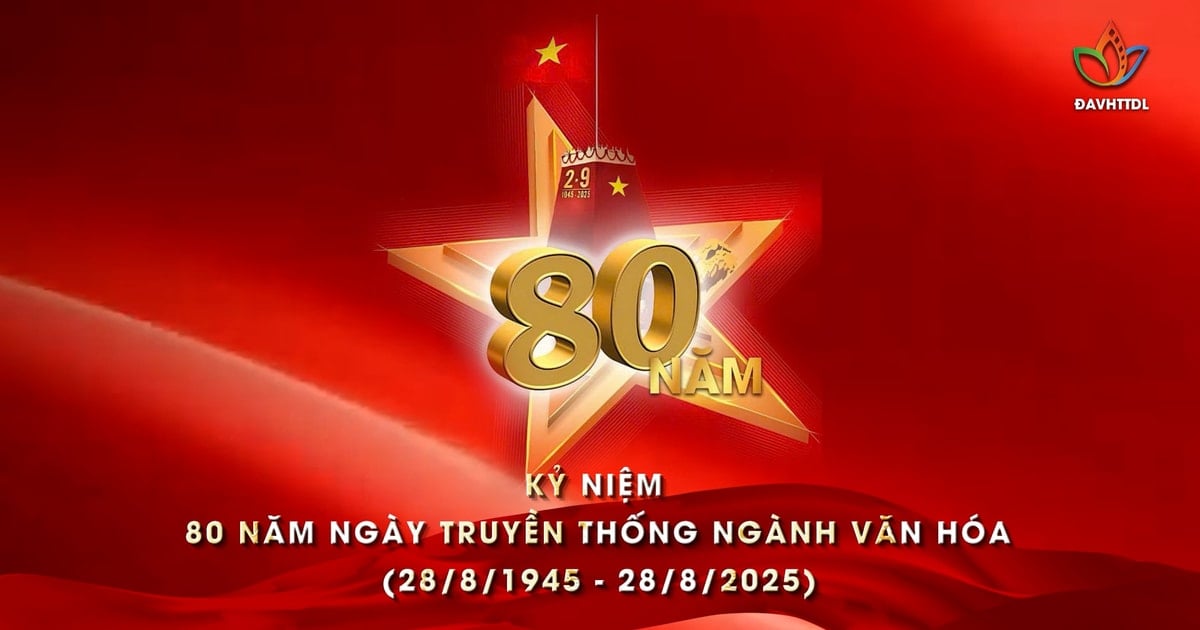








































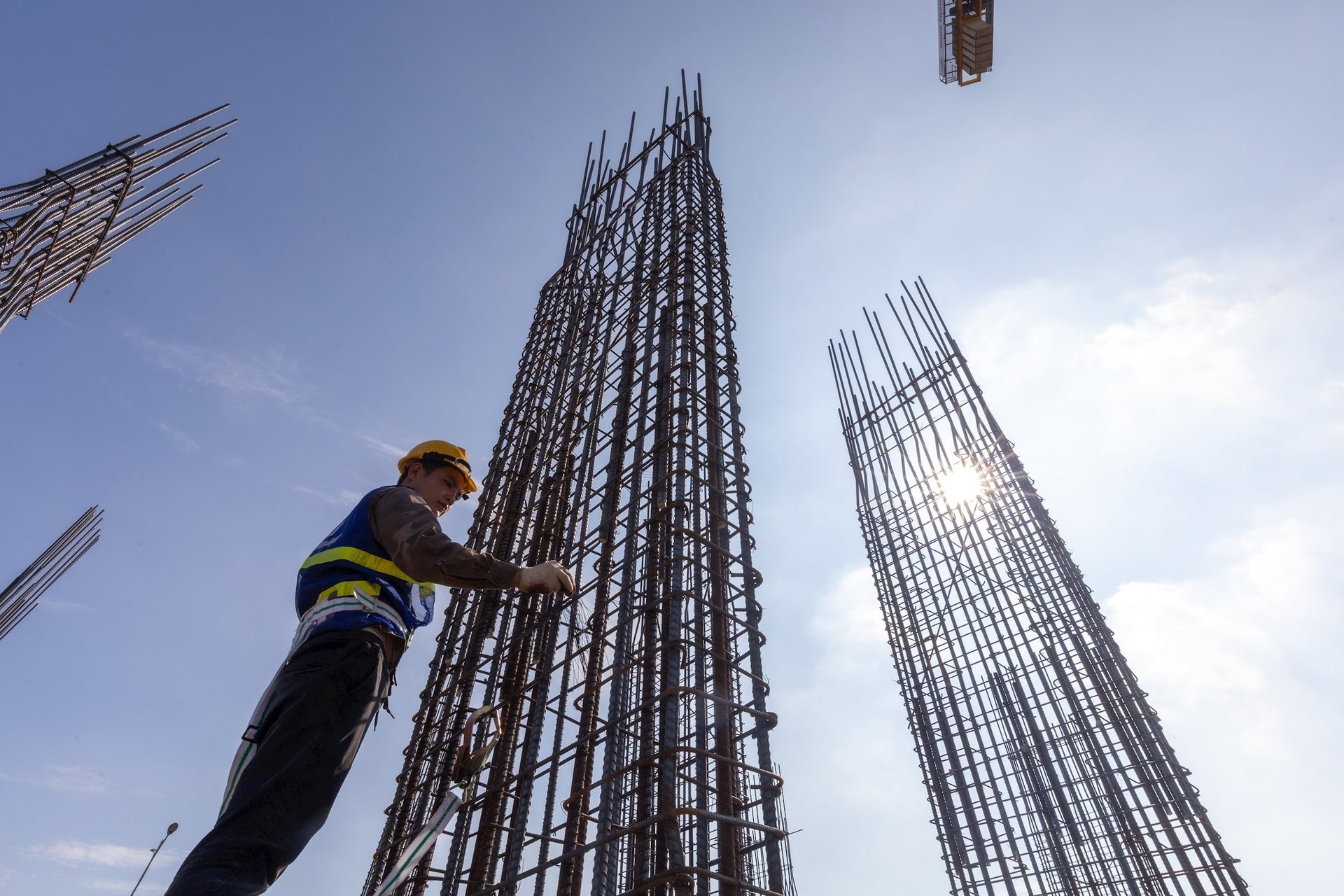

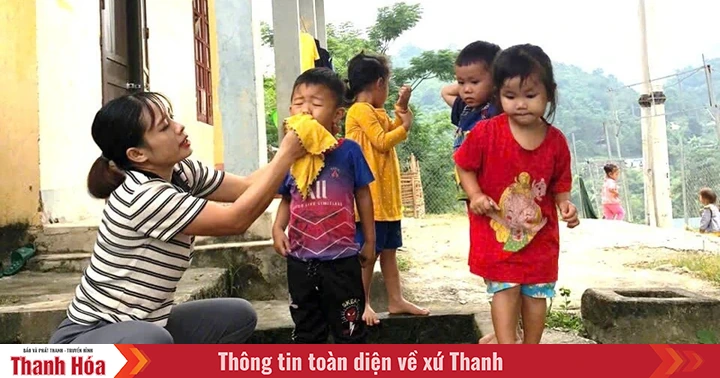

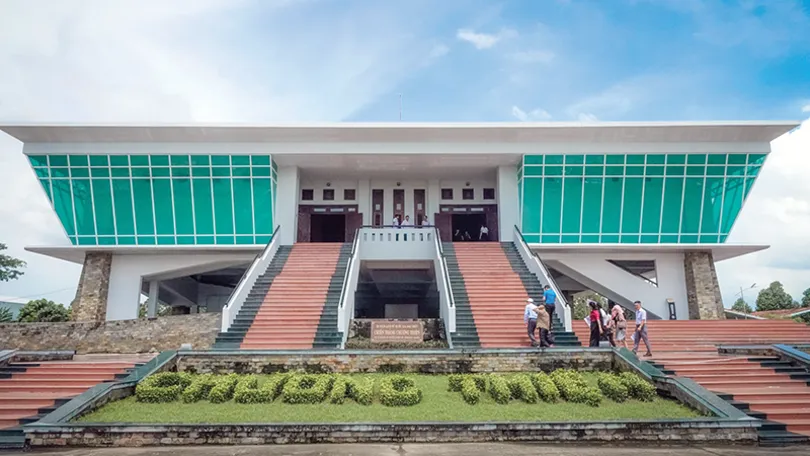



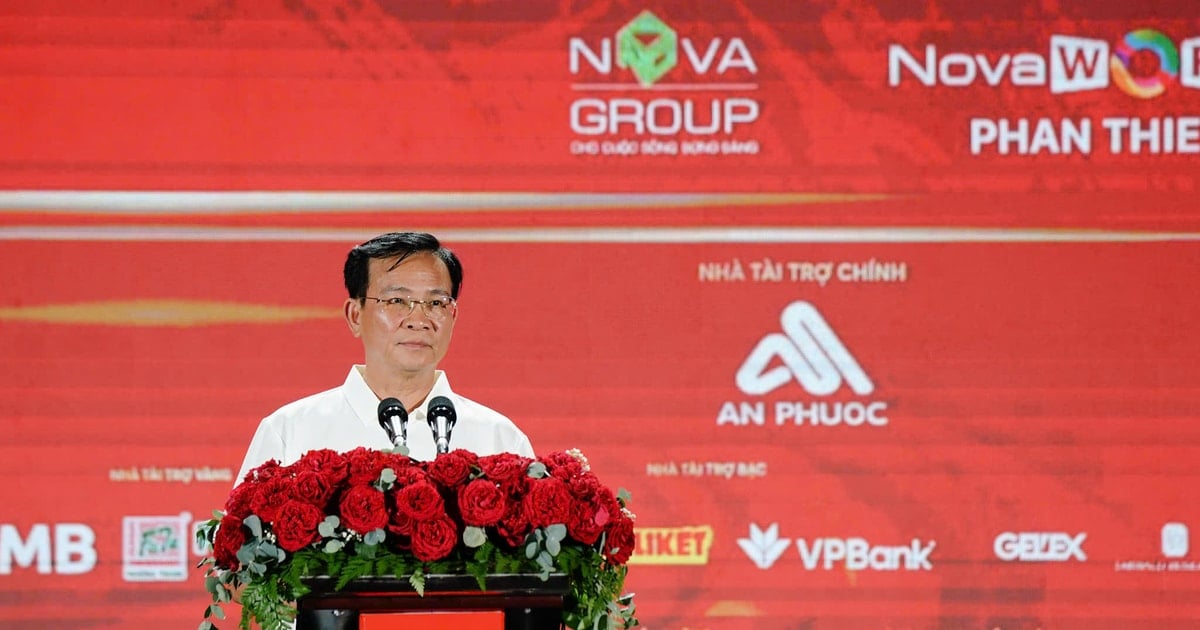
















Comment (0)